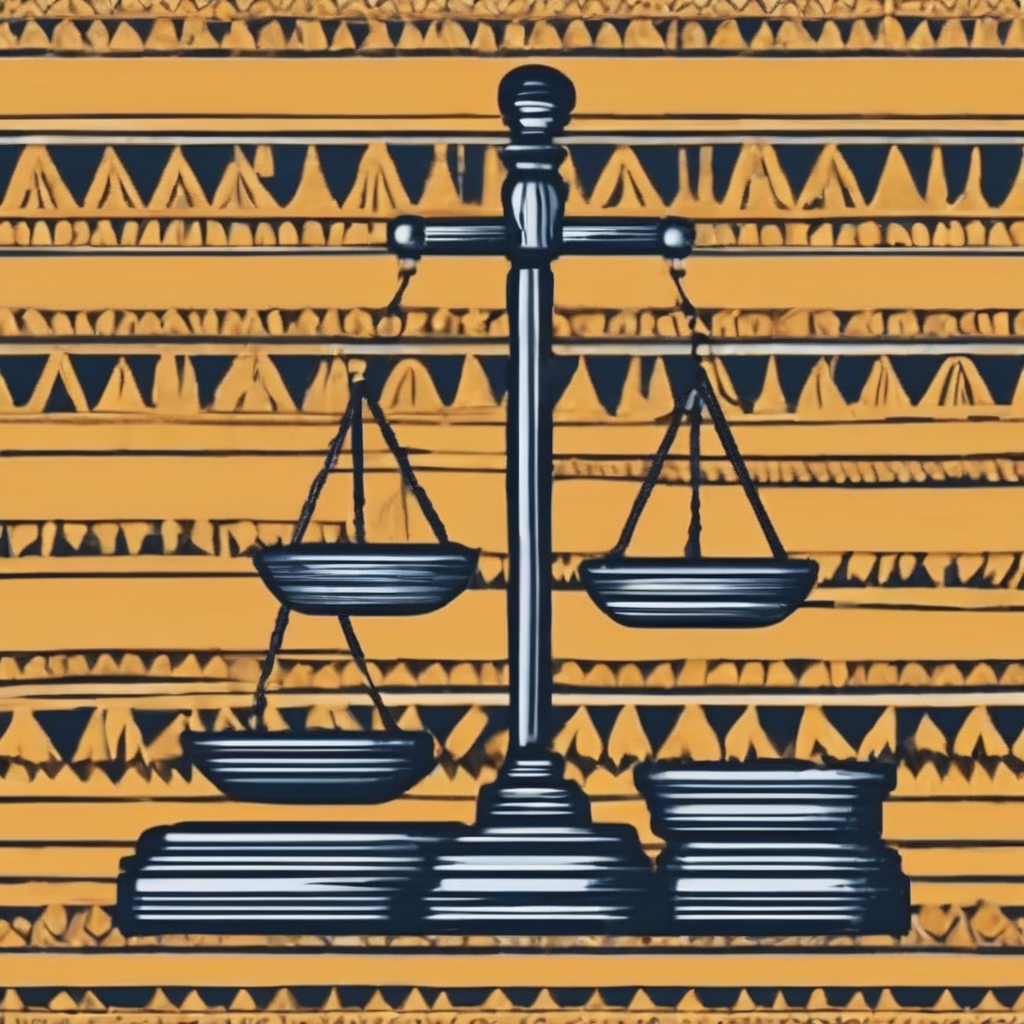The Parliamentary Opposition has voiced serious concerns about what it calls a “crisis of integrity” involving Chief Justice Salesi Temo, who is entangled in a legal and constitutional controversy. The Chief Justice has been accused by the Opposition of using the legal system to protect himself from accountability following a Commission of Inquiry (COI) report recommending his removal over allegations of perjury and obstruction of justice.
In a firm statement, the Opposition criticized Chief Justice Temo for not stepping aside and instead using the very legal system he is meant to uphold to challenge these findings, describing the situation as a clear conflict of interest. They argue that his dual role as both accuser and accused severely undermines the justice system’s credibility and erodes public trust.
The Chief Justice’s leadership of the Judicial Services Commission (JSC) further accentuates the alleged conflict as he spearheads the legal response to the COI’s findings. The Opposition claims this undermines fairness, suggesting Temo is trying to evade accountability under the law.
The uproar extends to Fiji’s Prime Minister Sitiveni Rabuka and President Ratu Naiqama Lalabalavu, with the Opposition faulting them for not acting decisively and upholding the Constitution amid these allegations. They accuse both leaders of prioritizing personal loyalties over constitutional duties, which they see as a threat to the very foundation of the nation.
Previous discussions and related reports reveal a broader context of ongoing debates about accountability and the separation of powers within Fiji’s governance systems. Prime Minister Rabuka has previously emphasized the importance of due process, acknowledging that any allegations against Justice Temo should be carefully evaluated through appropriate legal channels.
This situation reflects continuous tension over the balance between maintaining judicial independence and ensuring accountability. As public scrutiny intensifies, there are calls for reforms not only to address these immediate concerns but also to enhance the transparency and effectiveness of governance structures in Fiji.
In the wake of these allegations, there’s a potential for meaningful dialogue among political and judicial leaders that may pave the way for necessary reforms. Emphasizing due process and constitutional adherence could help restore public trust in Fiji’s governance and judiciary, fostering stronger and more accountable institutions in the long run.
